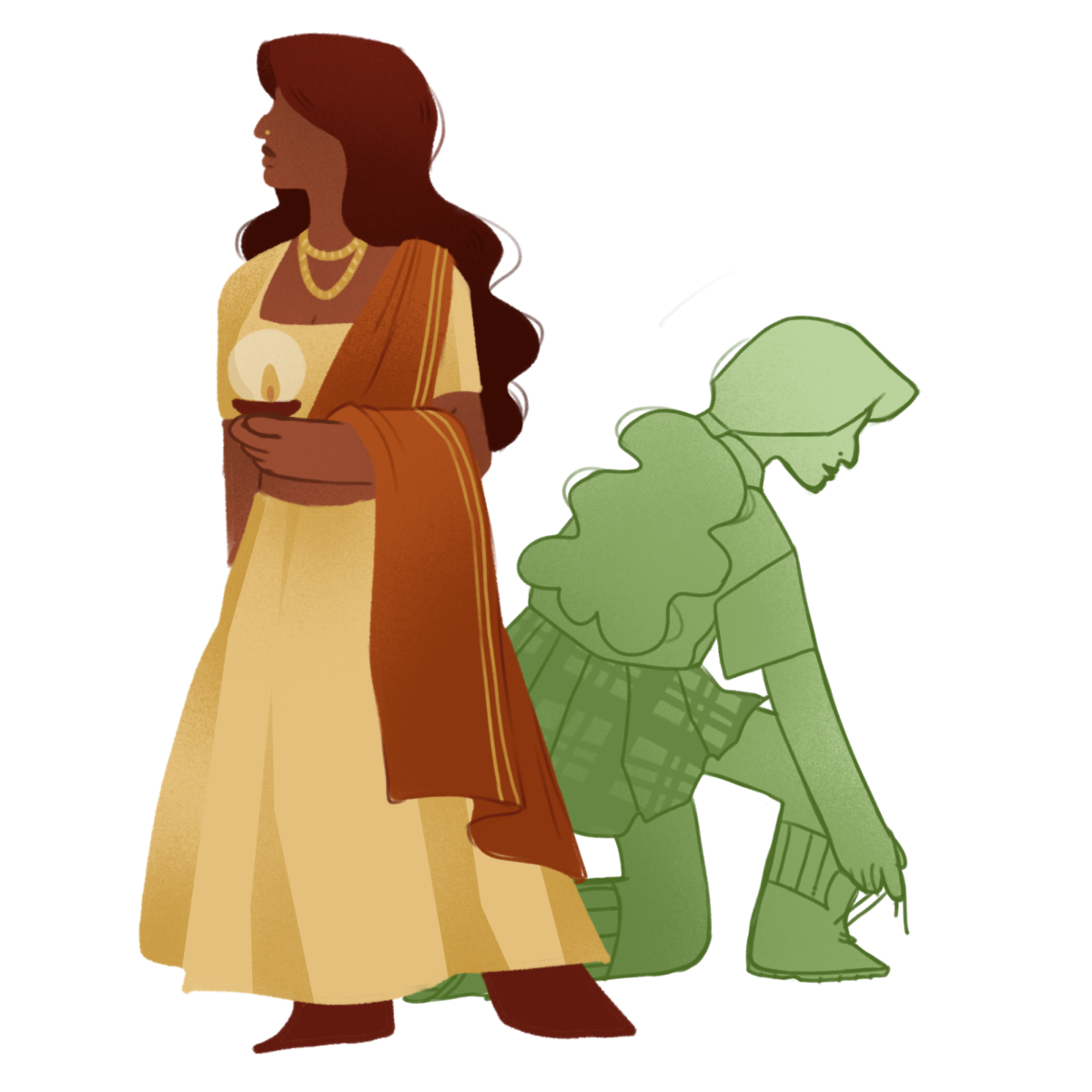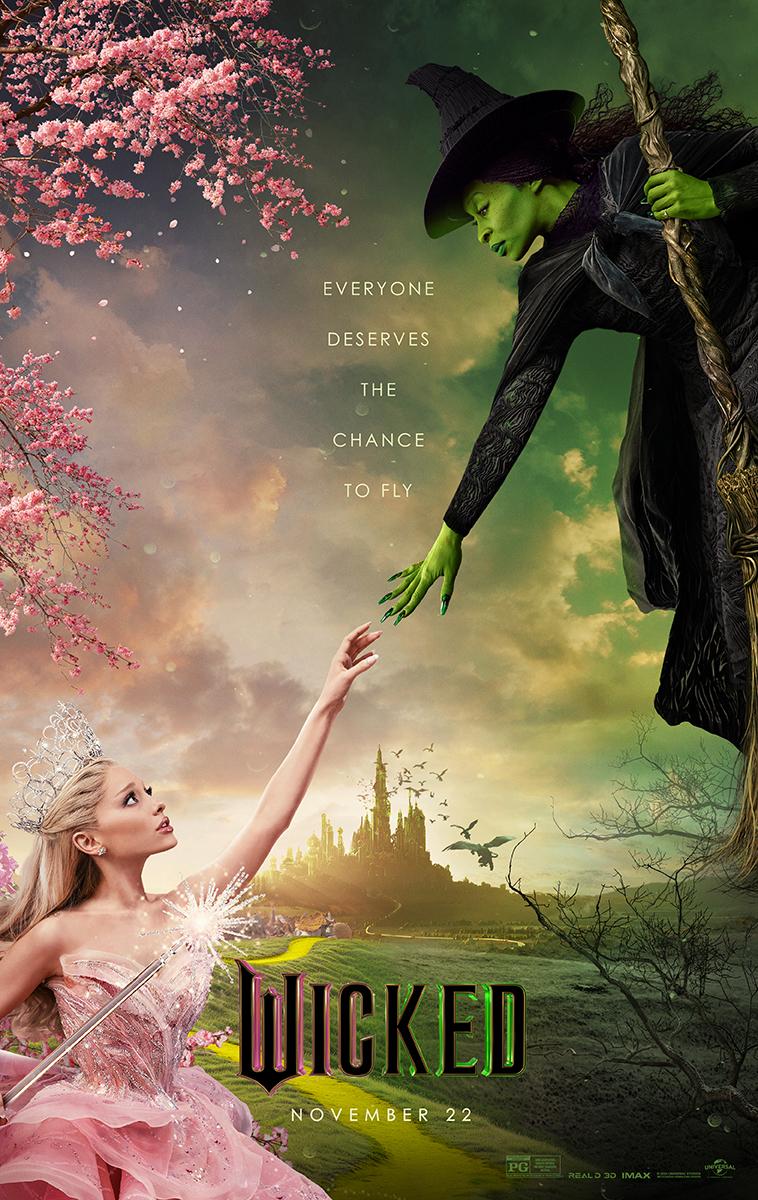Here at Hockaday, we are taught important self-defense tips like aiming for the eyes and screaming fire to protect ourselves from sexual assault.
A representative of the Toronto police force has other ideas. When addressing a group of law students at York University during a campus forum on public safety last January, he said that women who didn’t want to get raped (i.e. all of us) should avoid “dressing like sluts.” As upsetting as it is that someone in law enforcement would make this comment, the officer expressed a commonly held idea that women “ask” to be sexually assaulted.
In one survey conducted by the Havens, an organization which helps assault victims, one in ten of the people surveyed responded that dancing provocatively, flirting or wearing revealing clothing made the victim partly responsible.
Victim blaming is problematic for several reasons. For one, it focuses on what the victim did wrong, which is minor in comparison to what the rapist did wrong. It makes women feel better to think that they can protect themselves from an attack, but often, they can’t.
We live in a world where women are more likely to be raped by someone they know, often in a home setting than by a stranger. 73 percent of rapists are non-strangers and 28 percent are intimate partners of the victim according to the Rape Abuse and Incest National Network. To say that it would be possible to prevent these instances if the victim was more modest is insulting not only to women but also to men, as it implies that men have no control over their own behavior.
As women, we know that men are better than that. We just happen to live in a culture that finds it easier to teach women not to get raped than to teach men not to rape. Would it be possible to eradicate all rape just by telling potential rapists not to? Of course not.
However, considering the statistics, it could be beneficial to remind the males of the world some of the finer points of sexual assault law, especially the rules of consent when alcohol is involved.
I’m not saying that women should blatantly disregard personal safety measures and hang out in dark alleys while drinking from Dixie cups handed to them by strangers. Nor am I saying that self-defense isn’t valid (it’s important to know what to do if you are attacked). What I am saying is that dressing or acting provocatively does not somehow offer an explanation for sexual assault.
Blaming the victims of these horrendous crimes gets us nowhere.
-Anna




